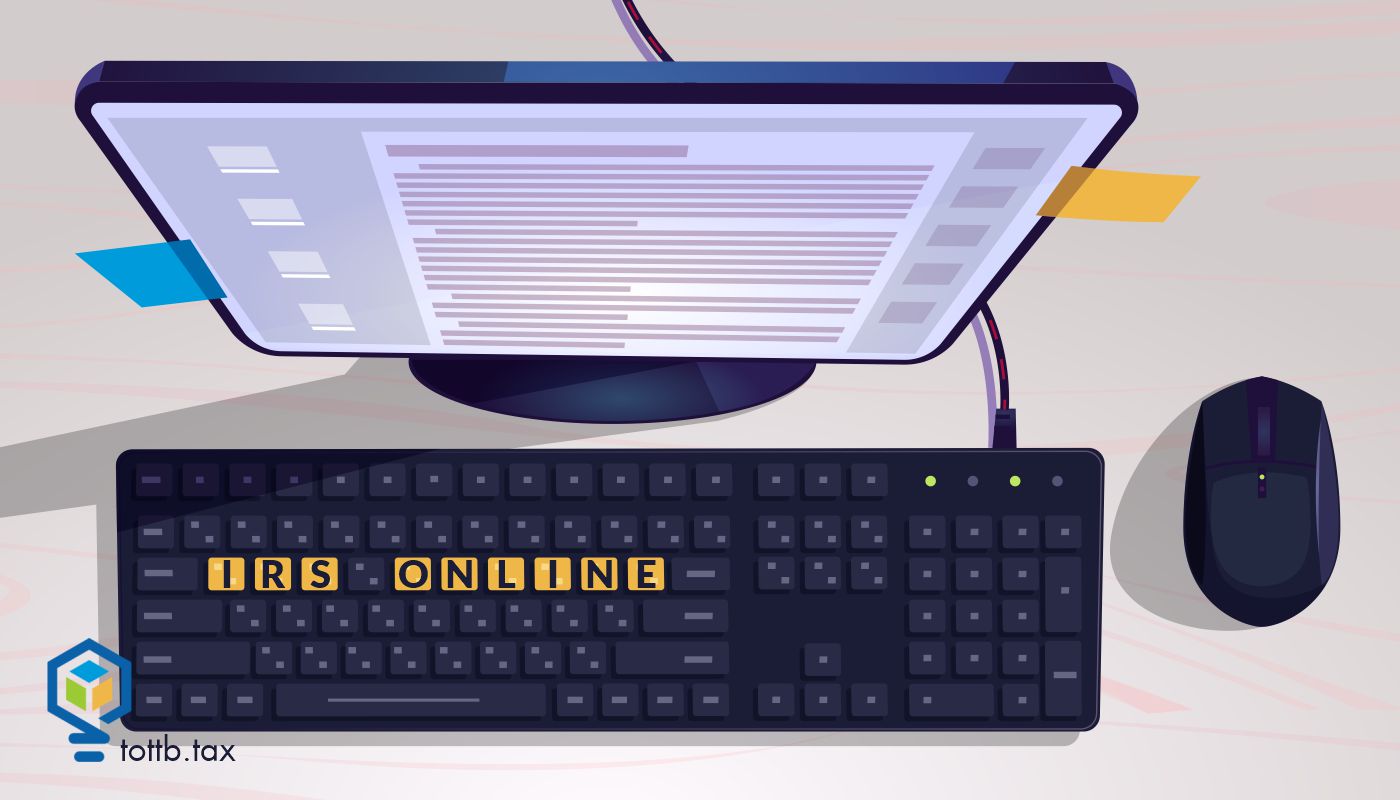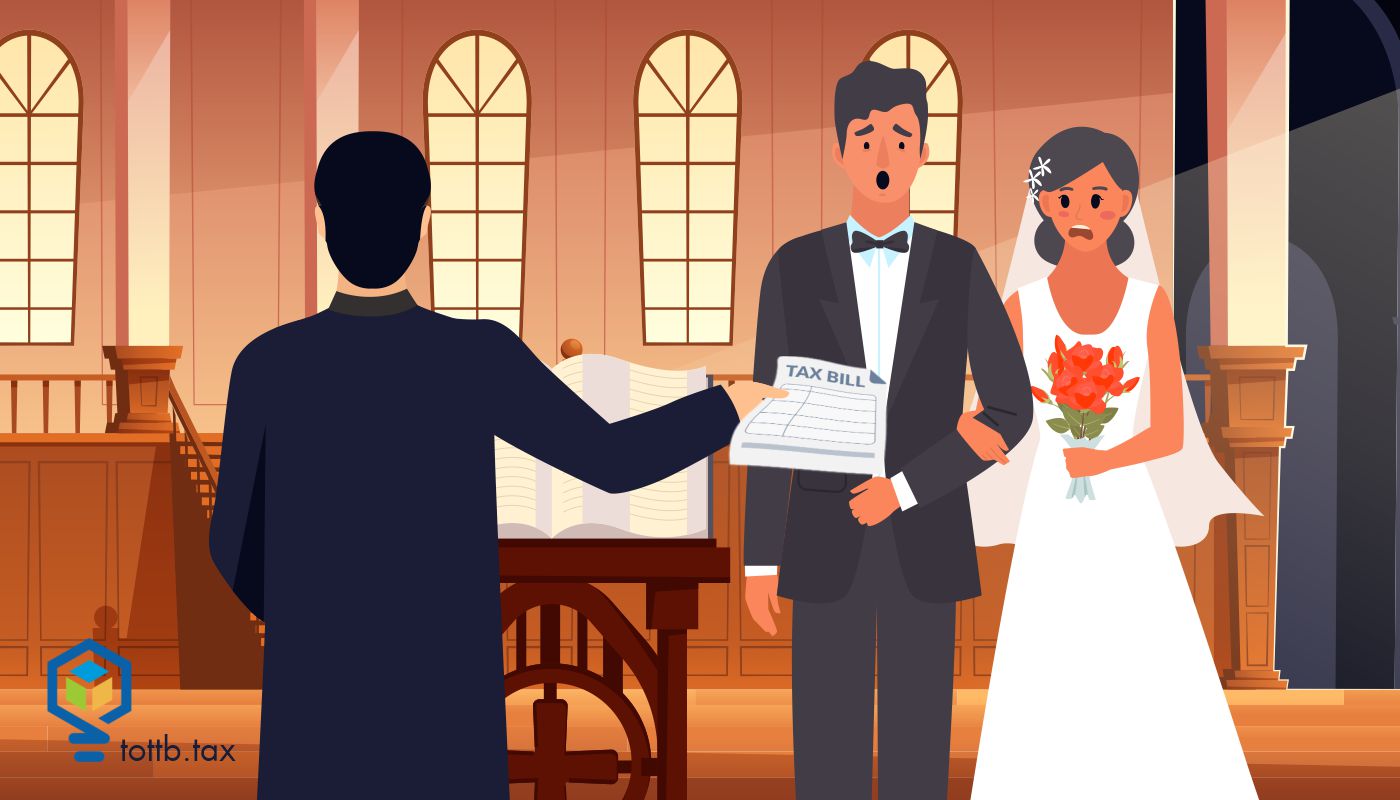CURRENT EDITION

Tax Tales I Let Slip in 2025: From Whistleblowers to Easement Woes and Beyond
One of my greatest frustrations as a tax writer is that I just don’t have the time to cover everything that I notice. Early in my blogging career, when I was younger and had more energy, I set myself on a Monday, Wednesday, Friday schedule like the college professors I envied. Even that did not keep up with everything I noticed, so periodically I would do a post that had short blurbs about interesting things I didn’t dig further on. Here is an example from 2010 of a post that covers an entity not considered a church by the IRS, S corp shareholder basis issues, definition of alimony and two Chief Counsel Advices on TEFRA issues. So here are some things for 2025, that I opened a file on but never managed to make an article with.
READ MOREWhat Is This Worth, Exactly? Determining Fair Market Value of Non-fungible Tokens for Charitable Schedule A Deductions
Value is in the eye of the beholder; or was that beauty? This is especially true for those infamous monkey portraits on the internet. Non-fungible tokens (NFTs) have exploded in popularity and can carry with them substantial tax consequences. Due to the volatile nature of the digital asset market and coupled with the lack of similar assets, it can be exceptionally difficult to determine the fair market value (FMV) of NFTs. Gift giving and donations can become much more complicated when NFTs are involved. New Fangled Technology For the noobs, an NFT is a type of cryptographic token that exists on a blockchain. As the name suggests, the tokens are not fungible, meaning each asset is unique and can't be interchanged for one another, the way that dollars or bitcoins can. Every NFT represents a unique asset with a unique value, however, determining what that value is can be quite difficult; The market for buying and selling NFTs can be extremely volatile. Some NFTs may quickly lose value or have no value at all. When a taxpayer donates an NFT to a qualified charitable organization as a way to reduce tax, the FMV is a required piece of information. To find out how to do this properly, keep reading.
Read MoreThe Inflation Reduction Act Tax Credits Course
The Inflation Reduction Act of 2022 expanded existing energy credits and created brand new ones. There are now several new ways tax professionals can help taxpayers save thousands of dollars a year by planning for these tax credits. In this webinar, we will cover the credits likely to be used by individuals and small businesses. We will also discuss tax planning considerations and areas in need of additional guidance.
Read MoreCharitable Deduction Rules – No Excuses – Acknowledgements
There is a story I heard even before I started doing tax work when I was a hotel night auditor. It was about a guy named Joe who ran a luncheonette where he also sold newspapers and candy bars and the like. Joe’s Place was across the street from Our Lady of Perpetual Responsibility, a Catholic parish. Joe would see Father Mulcahey carrying a heavy bag every Monday morning. The good father was heading to the bank with the Sunday collection. One day Joe invited him in for a cup of coffee and proposed a win/win. Joe was always running out of change on Sundays. So how about if Father Mulcahey has the ushers count the coins and bring them over, Joe would write a check for the coins, and the father will just have Joe’s check to bring to the bank on Monday? Then, Joe would deduct the check written to the church as a charitable deduction. It was a great plan and it worked well for several years until the IRS audited Joe and a skeptical IRS agent called on Father Mulcahey about Joe apparently being Our Lady’s biggest donor. After all, he had the canceled checks. So if a canceled check to church on Sunday won’t work to document your charitable deduction, what will? Keep reading to find out!
Read MoreWho You Gonna Call? Not the IRS – A Guide to IRS Online Tools
You don’t have to be a tax geek to know the IRS has trouble picking up the phone. Old habits die hard. If you have a tax question, what do you do? You call the IRS. Good luck with that. You’ll be on hold for a long time if you can get through at all. The IRS initiated a call-back feature, but it’s not always available. The hold music is uninspiring; sometimes, after holding for hours, you get the dreaded “courtesy disconnect.” Yikes! Let’s face it. The IRS has a full plate; years of doing more with less have crippled the agency. Congress is quick to excoriate the IRS for poor service but keeps piling on more tasks (without necessary funding). Luckily, the IRS is working hard to provide more and better online applications and resources. There’s a lot out there, some well-known, some not so well-known, click here to take a tour and discover which shortcuts will help you most.
Read MoreSelf Rental Tax Dilemma: Are Your Deductions at Risk?
It’s challenging at times to understand the passive activity loss guidelines. Many taxpayers are not fully aware of the rules or how they could affect investments and transactions. There are some details that, if not taken care of in advance, could have serious detrimental tax effects. The way to handle self-rentals in relation to the passive activity loss rules is one of these subtleties. Although many professionals know the self-rental regulations, there are some circumstances that can result in a loss of desired tax benefits. To continue learning about a general overview of the self-rental provision and the passive activity requirements and how to maximize your deductions from them, keep reading. You will also learn the effects of selling an operating company with a self-rental property still on the books.
Read MoreJust Good Business – Review Your Office Security
Office security. It’s for you and your small business clients. Sometimes small business clients who have relatively low-tech operations don’t think they need to think much about office security. That’s just not true. Almost every small business has some level of liability exposure for theft of client information or their own information (banking, credit cards, account passwords, etc.)—even businesses that don’t consider themselves “web based” or “high tech” may have client or company proprietary information they want to keep secure and private. Often business owners focus on cyber security (and with good reason). But a good, comprehensive security plan creates a safety triangle around important information and the property that holds it. The three sides of this triangle are cyber security, physical security, and (at the base of it all) operations security. Keep reading to secure your future!
Read MoreThe Inflation Reduction Act Town Hall
We’re hosting a live open discussion forum to help educate you on the new Inflation Reduction Act! The recently passed Inflation Reduction Act (IRA) makes some big promises: lower energy costs, provide tax credits for electric vehicles, negotiate cheaper medications for seniors, deliver faster tax refunds, and create more responsive IRS agents! How all these promises are paid for and how they impact the average American are already the topic of intense debate and, in some cases, the cause of outright fear! In fact, there has been so much concern and debate around this new bill that we’ve decided to hold a town hall on the subject! Keep reading to get all the details...
Read More10 Reasons Your Clients Should Get a Tax Divorce
As a married individual, you can select a tax filing status as either married filing jointly or married filing separately, and in some cases neither of these statuses achieve what is possible for two single taxpayers each filing their own tax return. In many cases it can seem you are getting penalized for being married in the U.S. You may get frustrated that you seem to keep getting hit with “wealth taxes or penalties.” Of course, you may not refer to it that way. But when you see things like the Alternative Minimum Tax, The Net Investment Income Tax, the Additional Medicare Tax, and a whole variety of other taxes that are higher for married filers than they are for two single people…you may be tempted to think about a divorce. And “live in sin”? No matter your personal beliefs there are at least 10 tax attributes that cost married filers more than two single people. In some instances, children are in the mix, as they relate to specific credits. Some of these situations only apply to wealthy couples. Some only apply to those earning $50,000 or less or seniors. These attributes, commonly known as the so-called “marriage penalty” refer to situations where it may pay to file as two single individuals rather than as a married couple. However to qualify, you cannot legally be married as of December 31. To learn more about these penalties and find out how to work around them, continue reading.
Read MoreNOT A MEMBER YET?

SUBSCRIBE TO GET ALL OF OUR
GREAT ARTICLES AND RESOURCES!
CURRENT EDITION

Tax Tales I Let Slip in 2025: From Whistleblowers to Easement Woes and Beyond
One of my greatest frustrations as a tax writer is that I just don’t have the time to cover everything that I notice. Early in my blogging career, when I was younger and had more energy, I set myself on a Monday, Wednesday, Friday schedule like the college professors I envied. Even that did not keep up with everything I noticed, so periodically I would do a post that had short blurbs about interesting things I didn’t dig further on. Here is an example from 2010 of a post that covers an entity not considered a church by the IRS, S corp shareholder basis issues, definition of alimony and two Chief Counsel Advices on TEFRA issues. So here are some things for 2025, that I opened a file on but never managed to make an article with.

The IRS in 2025: A Snapshot of Reality
The IRS is not the same agency we dealt with a decade ago, or even three years ago. The pandemic accelerated operational strain, exposing long-standing infrastructure weaknesses while also prompting overdue investment and modernization. Some areas have improved meaningfully, including digital tools, faster account updates, and improved phone service during filing season. Other areas, however, feel frozen in time. Correspondence units remain slow, backlogs persist, and automated notices often fail to reflect what is actually happening on a taxpayer’s account. This article outlines the practical realities of working with the IRS in 2025, what strategies are working, what remains broken, and how to set clear, healthy expectations so you can deliver results without burning out.

The IRS in 2026: A Strategic Field Guide for Tax Professionals
As we head into the 2026 filing season, tax professionals are operating in an environment unlike any we have seen in recent memory: a smaller and more automated IRS, the new OBBBA, and rapid experimentation with AI-enabled tools inside the Service. This field guide is designed to separate what we know for sure from where the IRS is likely to move next, and to translate both into practical planning moves. It does not predict the future; instead, it offers a structured way to think about enforcement, documentation, and client strategy when the rules, the technology, and the politics are all in motion.









